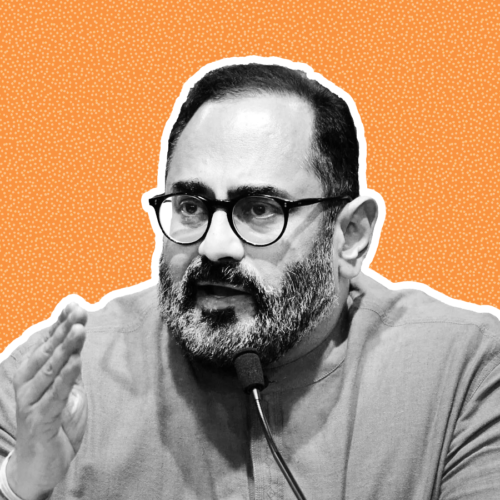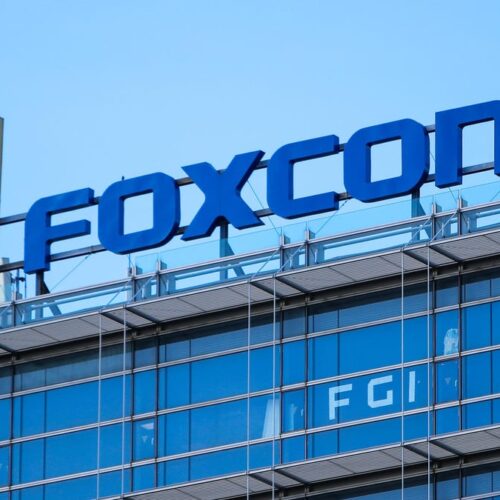IMF: Indian economy is yet doing well and stands as one of the world’s fastest expanding.
Facing global uncertainty and headwinds, the Indian economy will continue to perform well and maintain its position as one of the globe's fastest-growing economies, a senior International Monetary Fund official…






